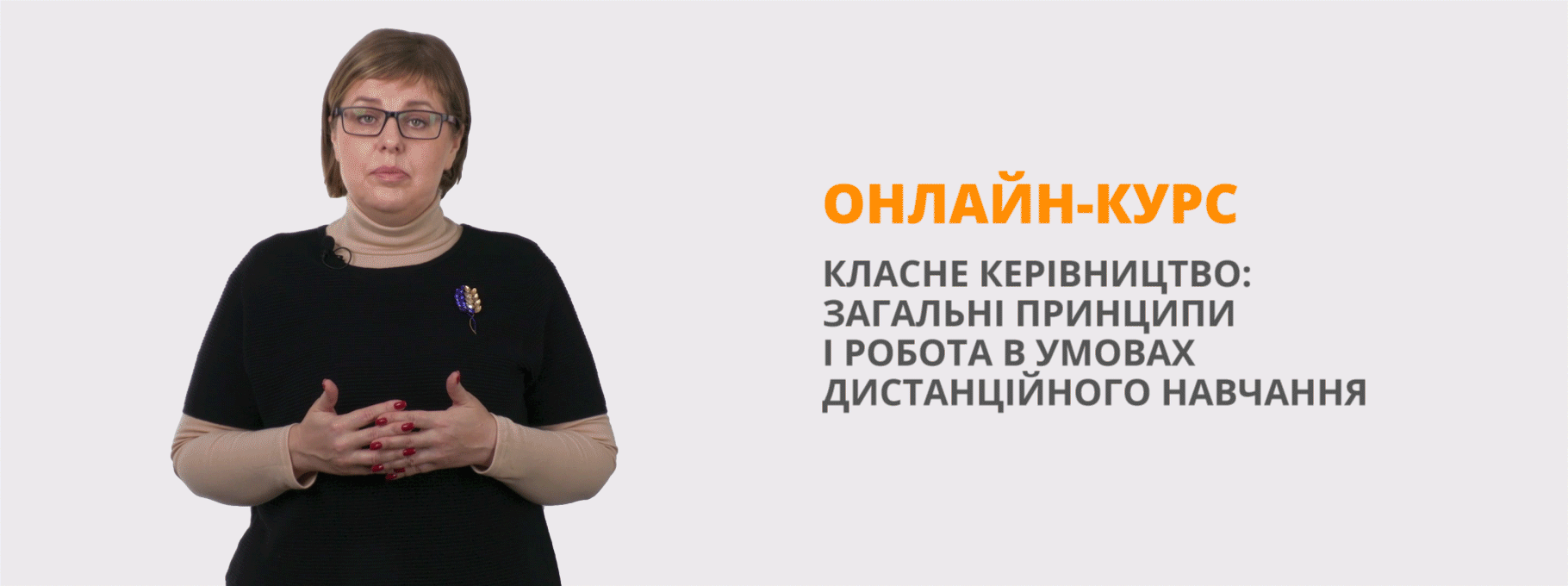Презентація до уроку "Tips for learning English"
Презентація до уроку "Як ефективно вивчати англійську мову", створена на основі матеріалів підручника Prepare 5 (НУШ). Student`s book pages 54-55. Life skills. Study Skills. Learning English.

![]()
![]()
![]() LIFE SKILLS STUDYSKILLS
LIFE SKILLS STUDYSKILLS
|
|
LIFE SKILLS Learning English We can all be good learners of English. There are lots of different ways to learn English at school and at home. |
|
|
|
||
LEARNING
ENGLISH
LIFE SKILLS STUDYSKILLS
Read, think and answer. Discuss with a partner.
1 What's your favourite school subject? Why?
2 What languages can you speak?
3 Who's your English teacher?
4 Where do you do your English homework?
5 What is your favourite part of an English lesson: reading, listening, writing or speaking?
Tick (V) the things you do.
![]() read in English listen to English write in English speak English learn and remember new vocabulary
read in English listen to English write in English speak English learn and remember new vocabulary
LIFE SKILLS STUDY SKILLS
FORUWFOXSTUDENTS
Where students share ideas!
We learn English at school. This can help us speak to other people in English. How can we be GOOD learners of English? Here are five top tips!
LIFE SKILLS STUDY SKILLS
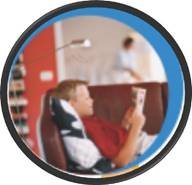 I read in English. I read comics in English. Comics are good because they are short and they ive got pictures. I think
I read in English. I read comics in English. Comics are good because they are short and they ive got pictures. I think ![]() reading helps me learn new words and phrases.
reading helps me learn new words and phrases.
 I watch TV in English, When I watch TV in English, I can also put on English subtitles so I can read what they say, tom This helps me understand more.
I watch TV in English, When I watch TV in English, I can also put on English subtitles so I can read what they say, tom This helps me understand more.
LIFE SKILLS STUDY SKILLS
![]()
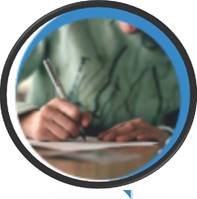 I've got an English pen pal, a friend I write to. Every month I write letters to him in English and he writes letters to me He's a friend of my family. He lives in England.
I've got an English pen pal, a friend I write to. Every month I write letters to him in English and he writes letters to me He's a friend of my family. He lives in England.
I listen to music in English. There is lots of pop music in

![]() English and I like pop music. I listen to music on my way to school in my wheelchair. Sometimes, I read
English and I like pop music. I listen to music on my way to school in my wheelchair. Sometimes, I read ![]() the words and listen, too. And I usually sing in English!
the words and listen, too. And I usually sing in English!
LIFE SKILLS STUDY SKILLS
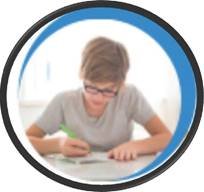 At home, I do my English homework in my bedroom. My brothers and sisters speak and watch
At home, I do my English homework in my bedroom. My brothers and sisters speak and watch
TV in the living room, so I can'twork in the living room. When I do homework, I stop and take a break every 15 minutes.
LIFE SKILLS STUDYSKILLS
Read the messages again Read the sentences below and tick (V ) or cross![]()
To bea good English learner, you can![]()
1 ![]() read in English.
read in English.
2 listen to your own language. 3 write to an English friend.
4 , dance to English pop music,
5 learn the words to English pop music.![]()
6 watch TV when you do your homework.
LIFE SKILLS STUDYSKILLS
Make phrases. Match the verbs 1—5 to the words a-e. Look at the messages again to check.
|
1 read |
a homework |
|
2 watch |
b letters |
|
3 write |
c TV |
|
4 listen to |
d comi |
|
5 do |
e music |
LIFE SKILLS
Label the picture. Use the phrases from Exercise 5. 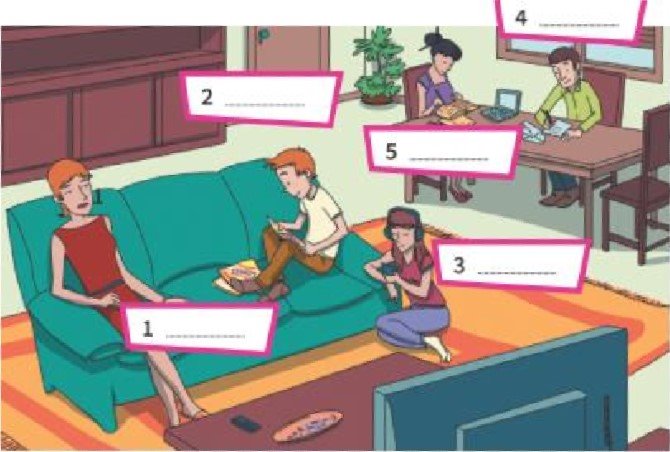
LIFE SKILLS STUDYSKILLS
|
|
|
|
making vocabulary cards reading books writing words in sentences |
learning words in groups making vocabulary notebooks putting words on things in the house |
|
|
|
 Listen to people talking about learning English. Answer a, b or c.
Listen to people talking about learning English. Answer a, b or c.
What does Pablo want help with? a reading in English b learning vocabulary in English c doing English homework
Listen again. Under!ine the suggestions you hear.
LIFE SKILLS STUDYSKILLS
Complete the sentences in the Useful Langu age box. Use the phrases below. Listen again and ![]() check,
check,
|
|
TALKING POINTS H Cjih' do you remember new vocabulary in English? What's yourfavourite idea from the listening?
|
|
|
• put words on things learning words in groups is making vocabulary cards
|
Suggestions 3 |
|
|
|
|
LIFE SKILLS STUDYSKILLS
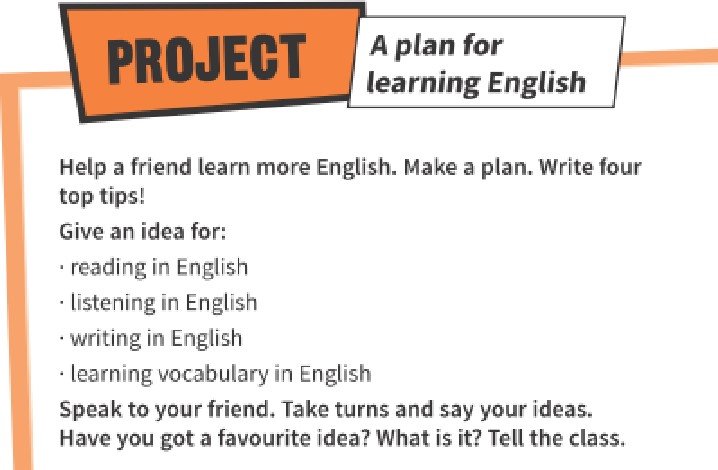 put the words in order, use the Useful Language box above.
put the words in order, use the Useful Language box above.
1 vocabulary / having/ notebook / What/ a / about / ?
2 dictionary / good / a / is / using/ idea / a
3 word / You I a/ sentence / in / write / the / can


про публікацію авторської розробки
Додати розробку
